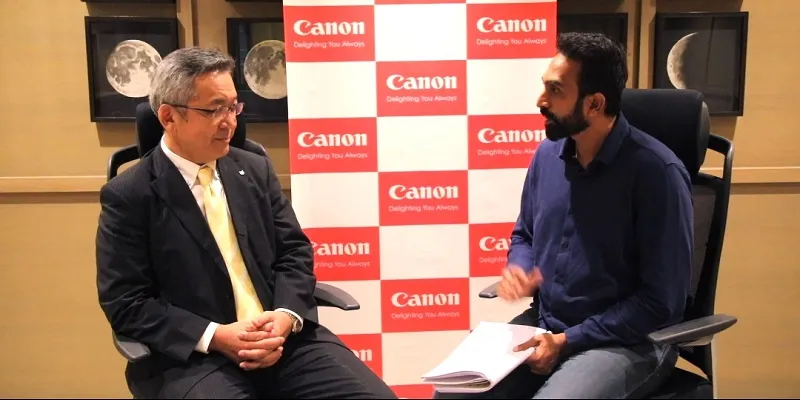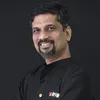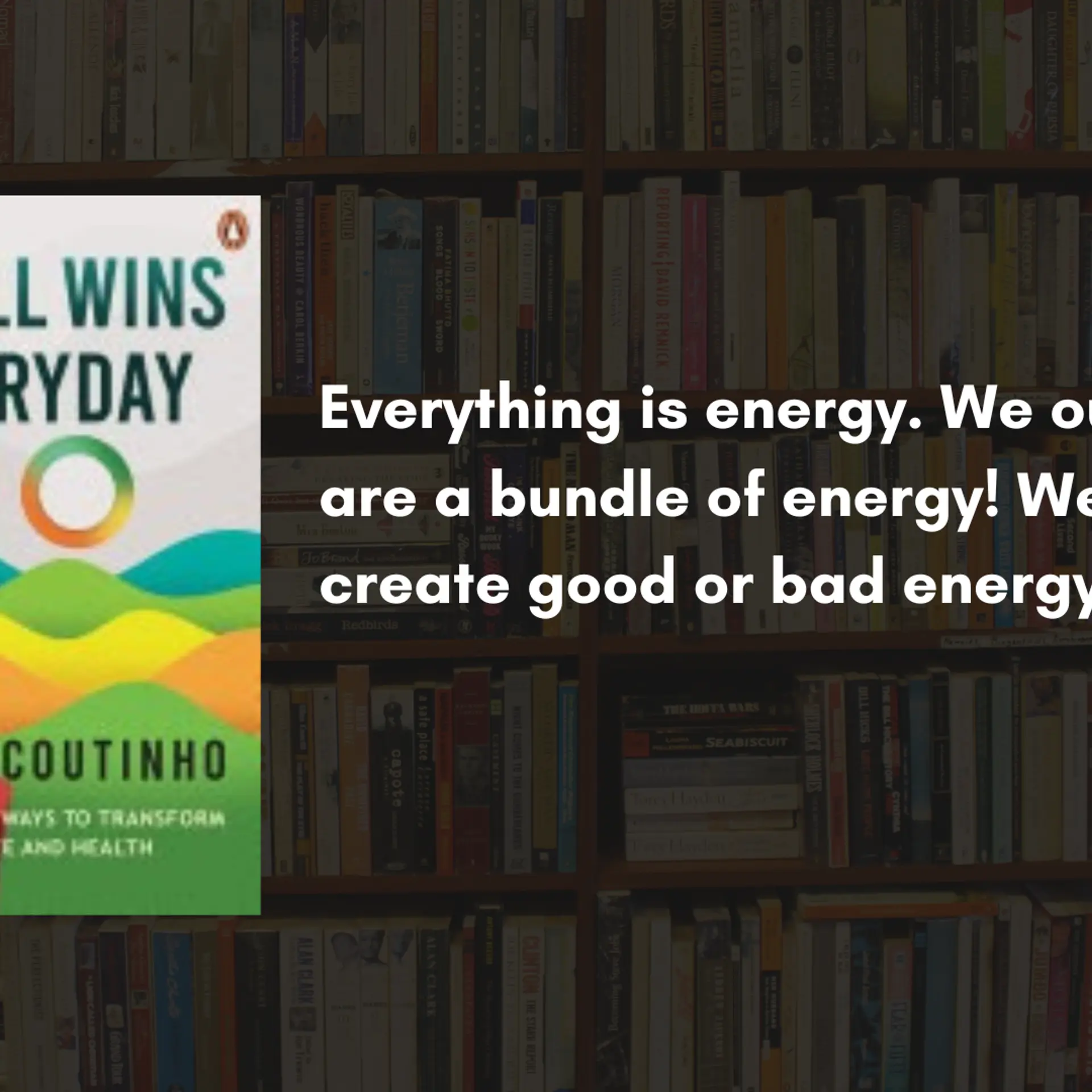33 years abroad taught me what no B-school can: Kazutada Kobayashi on heading a 1,000-member team at Canon India
Canon India MD Kazutada Kobayashi talks about why handling diversity came easily to him and how he scaled up Canon's business three times in India.
Canon India is fast becoming a $500 million business, spearheaded by Kazutada Kobayashi, the President and CEO, who has scaled the business with a strong B2B and B2C expansion programme. Canon, which is not just a camera company, sees half its revenues pouring in from its digital scanners and copiers businesses as well.
A fan of history and someone who has worked abroad for 33 years, Kazutada knows what it means to handle a diversified team. He has been in the country for seven years and he believes that every brand has to stay committed if it wishes to win in the Indian market.
In a conversation with YourStory, Kazutada speaks about his journey so far in India, and how he scaled the Canon brand in the country:
Edited excerpts of the interview:
YourStory: In seven years, how did you manage to scale the business and team three times?
Kazutada Kobayashi: I took over the business in 2012 when there were only 400 employees in India. Canon was already expanding in the country and had 1,000 employees. The revenue has also grown three times. The business in India is fourfold: we have cameras, printers, commercial printers, and small printers.
I also developed a new business allied to these businesses with very little investment by utilising the existing Canon network in India to build things. For example, on the medical side for our printers we helped our clients use paper to print MRI and CT scans rather than film, which is expensive. Scanning of cheques is another big business for India as they want to increase the scope of banking. Our scanners can verify scanned cheques through UVs and enable transactions between banks faster. The copier machine/ document scanner can do this and it can condense space of storage. This was very well received in India. We have a partner network across India that ensures that our B2B business is well covered.

Kazutada Kobayashi
YS: How is the photography market taking off in India?
KK: The structure of the camera business has changed over the last five years for us. Ordinary cameras are not popular anymore because smartphones have superb cameras and the number of pictures that you can click on a smartphone is also very high. But you have to remember that photography is about precision quality and the ones who are in this segment are buying cameras with bigger image sensors and interchangeable lenses. Photography is a very big market in India; think events like weddings and group pictures at get-togethers. Professional photos are very important for Indians.
YS: Handling diversity seems to play to your strengths.How did that happen?
KK: I have worked abroad for 33 years and worked for a very brief time in Japan. I have worked in several countries in Europe, but it took me sometime to understand India; three years to get what Indians consider important to them personally. I realised Indians love to invest in gold. On the other hand, if the brand showed commitment to them, they would invest in it. Canon has 250 retail partnerships in the consumer business. These partners, whether B2B or B2C, have to sell and promote and service in the same place. In Japanese, we call it gemba, or actual place. I visit all these stores to understand what the consumer wants and our gemba principles enable us to stay close to the customer’s voice.
The organisational structure is divisional and leadership is very much central. Yes, traditionally each business would have its own head, but I prefer the divisional structure and have ensured that I meet all the 1,000 employees once a month. Around 400 of them directly and the rest on video conference. It's a better way of handling a team as I am in direct contact with all of them through the divisional heads.
I have learnt a lot from my travels over the last three decades and it did not happen through any business school. Also, culturally, my father exposed me to global interaction. He was an interpreter at a US Navy base and I met so many people from different backgrounds that I realised I could connect with people very fast. That's how handling diversity came easy to me.
YS: What is your advice to young people who want to build a business?
KK: I advise young people getting into business to try many things as you have nothing to lose when you are younger. Please live abroad, learn that culture, and then you would see that you would have learnt a lot more. India is going to be digital and business is going to come from the smaller cities, which are mostly untapped so far. There are several financial models that we are working on. The surveillance business is a large market. Clients want to lease things rather than own the asset.
But here is the thing you have to ensure: any business should improve cash flows before investing in scaling the business.
(Edited by Evelyn Ratnakumar)









